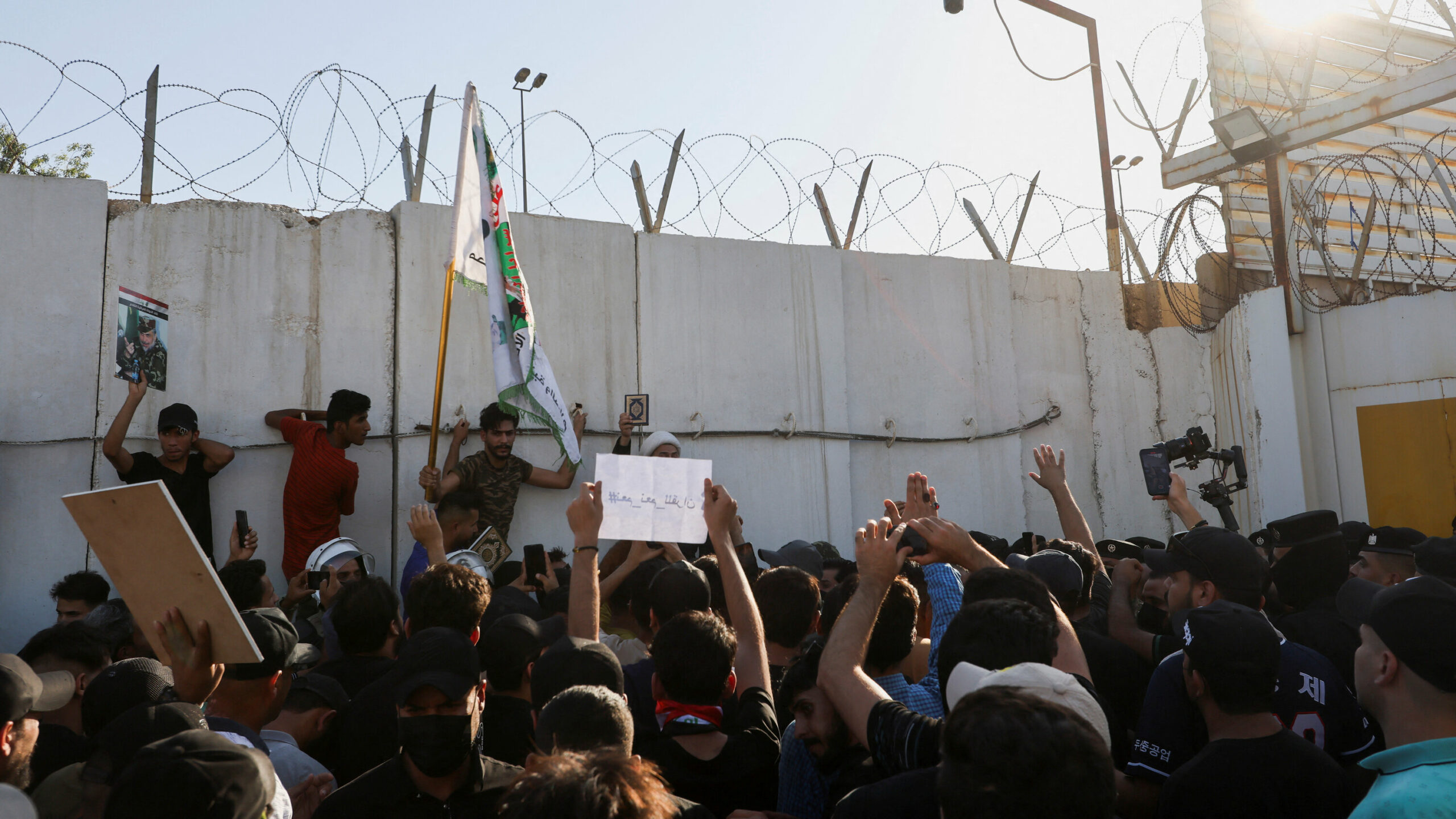In recent weeks, protests erupting across Afghanistan have spotlighted the emotional volatility surrounding acts of Quran burning, an issue that strikes at the very heart of religious sentiments in Muslim communities worldwide. The demonstrations, infused with fervent passion, symbolize a collective outrage against perceived slights to Islam, provoking discussions that transcend national boundaries and delve into the realms of cultural identity and freedom of expression.
At the nucleus of these protests lies an acute sensitivity to the sanctity of the Quran, which serves as a guiding light for millions. For many Afghans, the act of burning this holy text is not merely a demonstration of disdain; it is an affront to their faith, underpinning a broader discourse on respect, tolerance, and the complexities of intercultural engagements in an increasingly polarized world. The recent incidents have reignited discussions around the ramifications of such acts—both locally and globally.
Afghan protesters, encompassing a diverse demographic spectrum, have taken to the streets clutching banners that echo their demands for respect and acknowledgment of their deep-seated beliefs. Their voices resonate with a formidable unity, embodying the spirit of collective resistance against what they perceive as cultural imperialism. The atmosphere is charged, reverberating with chants that implore for recognition and understanding from the international community regarding their religious convictions.
However, this fervent discourse is not without its complexities. While demonstrations reflect the profound hurt felt by many, they also evoke a critical examination of the nuances surrounding freedom of speech and the responsibilities that accompany it. The juxtaposition of freedom of expression against the backdrop of religious reverence raises pertinent questions: To what extent should cultural sensitivity guide the actions of individuals in a globalized society? Is there a possibility for dialogue that fosters understanding rather than division?
The protests in Afghanistan serve as a poignant reminder of the delicate balance required in discussions surrounding faith and expression. They call for a reassessment of perspectives on both sides, urging individuals to consider the emotional landscapes that inform their beliefs and actions. Indeed, the outpouring of sentiment on these streets is not solely a rejection of hurtful acts; it is an invitation for broader contemplation about coexistence in a pluralistic world.
Ultimately, the Afghan protests encapsulate a myriad of challenges—the ideological clashes, the quest for mutual respect, and the enduring hope for peaceful dialogue. The unfolding situation demands attention, inviting observers to reflect on their stances and emphasizing that understanding is a foundation for healing rather than hostility. In an era fraught with division, it is perhaps this introspection that holds the promise for a more harmonious future.
